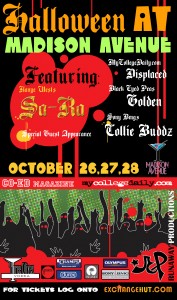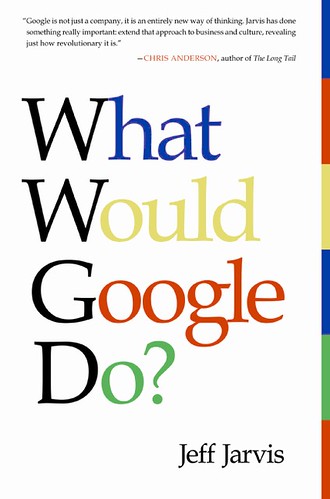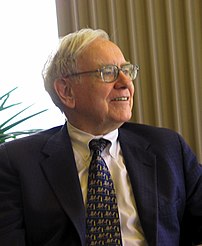The $800k Hotdogs

- Image via Wikipedia
I heard a story recently that went something like this…
(This is a true story, although the actual conversation below is fake)
A guy calls a reputable consultant for advice. This consultant also happens to be an Ivy League Law School Alumni, successful investor, and successful entrepreneur. Let’s just say he knows a thing or two about business.
The call goes something like this:
Caller: Hey Mr. Consultant. I got a great business that I need help with.
Consultant: Ok, what kind of business?
Caller: I sell hot dogs. I have 2 hot dog carts.
Consultant: You sell hot dogs?? Why the Fu*# are you wasting my time?
Caller: Well, I grossed over $800k last year from just two hot dog stands.
Consultant: Wow, ok. Now you have my attention…
Now, you can only imagine what the next obvious question is…
Consultant: …where are your hot dog stands located?
Before I give you the answer, just think about this for a second or two. This guy, in a cash business, made over $800,000 gross profit from selling hot dogs. Yes, hot dogs!
So you might say the hot dog stands were located in a city. Maybe Times Square. You might say the hot dog stands were located in a mall or perhaps some football stadium. Maybe a baseball stadium.
If you guessed any of these you’d be wrong.
The reality is, the hot dog stands were located in front of…
Crazy? Not really, and think about that for another second.
From the minute Home Depot opens to the minute it is closed (around 7am – 11pm depending on the local store) subcontractors and construction workers are in and out buying materials, tools, and other wonderful construction accessories for their jobs. Middle class, blue collar workers who are looking for a quick bite to eat, and what could be a better snack then a $2.00 hot dog with perhaps a $1.00 can of soda?
Moral of the story here?
If you are thinking about the next, new big idea, just remember this guy. He took a very old idea but gave it a new twist. A boring idea perhaps, but this guy will never go hungry.

![Reblog this post [with Zemanta]](https://img.zemanta.com/reblog_e.png?x-id=499bf06b-16da-4135-a9ca-9d6c90474c52)







![Reblog this post [with Zemanta]](https://img.zemanta.com/reblog_e.png?x-id=90f48a3f-e11f-4ceb-936e-338768d4a663)

![Reblog this post [with Zemanta]](https://img.zemanta.com/reblog_e.png?x-id=6cd75dbb-127b-482d-9b01-e1aa7f6b141c)

![Reblog this post [with Zemanta]](https://img.zemanta.com/reblog_e.png?x-id=59939bae-59e7-4e68-9da4-f6596d5f33ba)
![Reblog this post [with Zemanta]](https://img.zemanta.com/reblog_e.png?x-id=00fcde3b-6f71-4f4f-b62b-168ec56d17b4)

![Reblog this post [with Zemanta]](https://img.zemanta.com/reblog_e.png?x-id=ab546ce0-5393-4bf3-8dcf-9e2476c21f13)

![Reblog this post [with Zemanta]](https://img.zemanta.com/reblog_e.png?x-id=b3a8c3e8-441c-4b53-9274-d669536d028f)

![Reblog this post [with Zemanta]](https://img.zemanta.com/reblog_e.png?x-id=0e1adf33-0002-406c-90da-f9d84a3611e1)